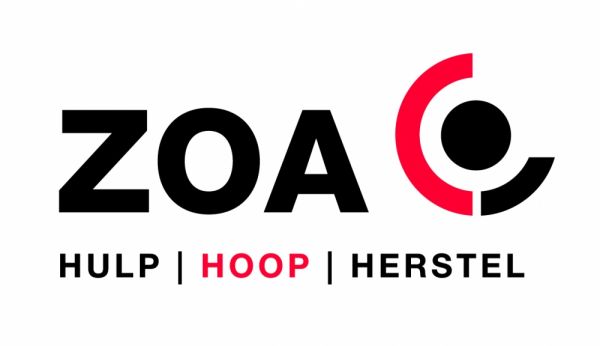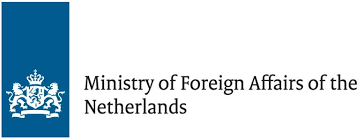Community / Land projects / SRJS_ToC_TZ Sustainable and inclusive management of the Rukw
SRJS_ToC_TZ Sustainable and inclusive management of the Rukw

€0
01/16 - 12/20
Voltooid
This project is part of
Implementing Organisations
Donors
Data Providers
General
The Rukwa-Katavi landscape is home to over 1.5 million people and is an area rich in wildlife and biodiversity, containing Miombo woodlands, the Katavi National Park, Lake Rukwa and part of Lake Tanganyika. This area has experienced rapid changes over the last few years due to large investment schemes that are promoting economic and infrastructural development. Large areas of forest are being cleared for agriculture. Major roads are being built and power lines are in the planning. Coal mining is scheduled to begin in 2017 and oil exploration is underway in Lake Tanganyika. Licenses for helium extraction have been issued for Lake Rukwa. On the community level, poor or no land use planning and illegal activities have resulted in further environmental degradation of the landscape, eroding the important ecosystem services they provide. Unsustainable farming practices, such as slash and burn activities, charcoal production and illegal logging are destroying forests and important wildlife habitats. Illegal cultivation in buffer zones on river banks has led to the siltation of rivers. Irresponsible use of pesticides for agriculture and mercury for artisanal gold mining are polluting the Katuma River. This pollution, coupled with illegal fishing in the lakes, is threatening fish stocks. Over 60% of women are engaged in farming activities and thus play a vital role in food security and food sovereignty, but most lack access to and control over land and are poorly represented in decision-making organs. Together with erratic rainfall that is affecting crop yields, these unsustainable practices are threatening food and water security and local livelihoods, as well as endangering the area’s important wildlife corridors.




